Trump pleads not guilty to charges.
Trump's Indictment: Serious Charges Could Land Him in Prison for 20 Years
August 8, 2023 3:56 PM EDT
- The Gist
- Former President Donald Trump pleads not guilty to four federal charges related to election fraud and attempts to overturn the 2020 presidential election
- Charges include conspiracy to defraud the U.S., conspiracy to obstruct an official proceeding, obstruction of and attempt to obstruct an official proceeding, and conspiracy against rights
- The most serious charge carries a sentence of up to 20 years
- The federal judge assigned to the case is Judge Tanya Chutkan, raising concerns about potential bias
- Prosecutors allege that Trump knowingly pushed false election claims as part of a conspiracy to overturn the election results
- Trump also faces other legal troubles in New York and Georgia
Former President Donald Trump has pleaded not guilty to four federal charges related to his claims of election fraud and attempts to overturn the results of the 2020 presidential election. These charges are serious and could potentially result in a lengthy prison sentence for Trump. This indictment represents a significant moment in the ongoing legal battles surrounding Trump's actions during his presidency.
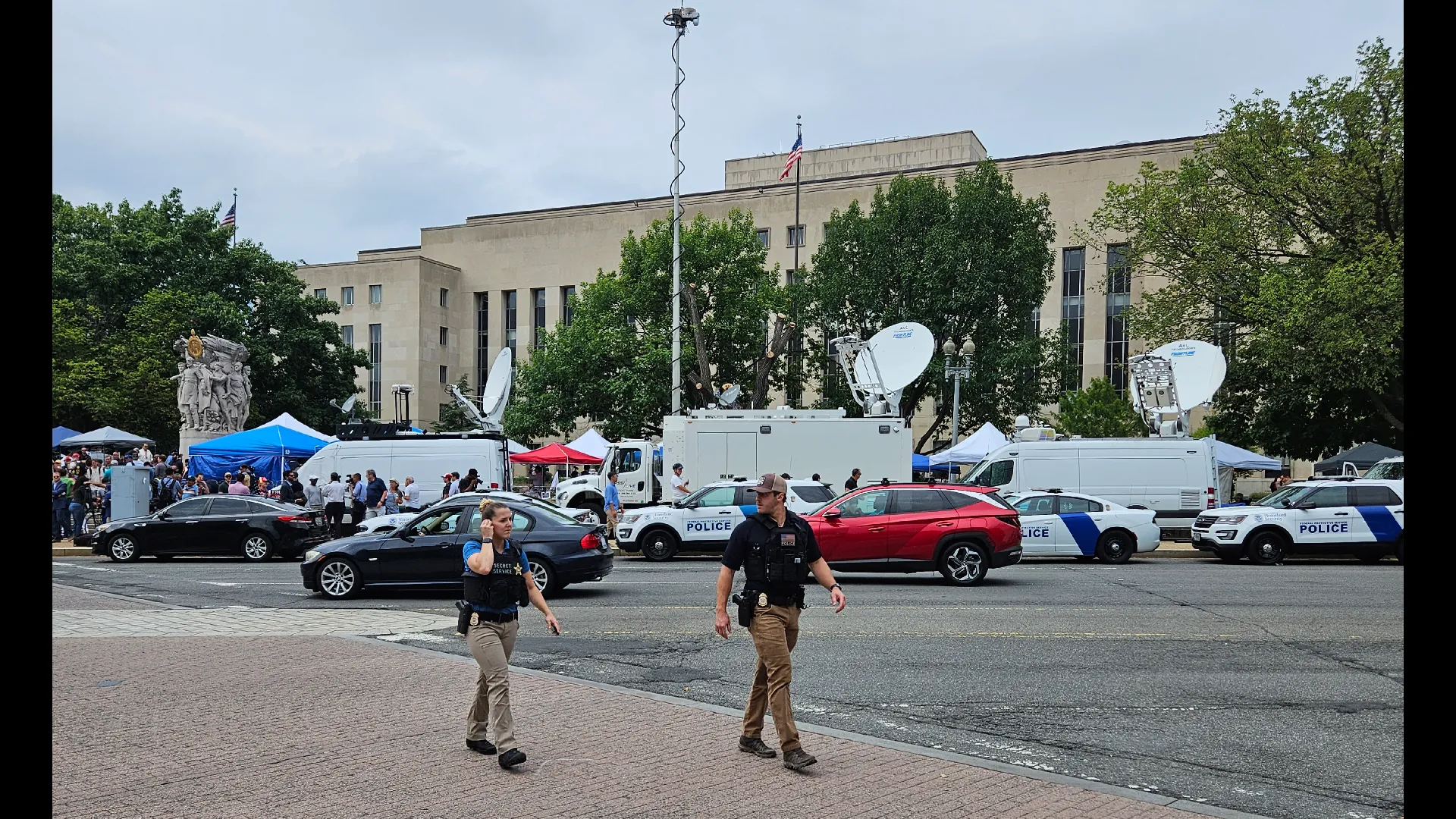

The charges against Trump include conspiracy to defraud the U.S., conspiracy to obstruct an official proceeding, obstruction of and attempt to obstruct an official proceeding, and conspiracy against rights. Of these charges, the most serious carries a sentence of up to 20 years. This highlights the gravity of the allegations against the former president and the potential consequences he may face if found guilty.
The federal judge assigned to preside over the case is Judge Tanya Chutkan, an Obama appointee who has previously ruled against Trump. This has raised concerns among Trump's supporters about potential bias in the proceedings. Security around the courthouse has been heightened in anticipation of the trial, and protesters have gathered outside, reflecting the intense public interest and divisiveness surrounding the case.
Prosecutors have alleged that Trump knowingly pushed false election claims as part of a conspiracy to overturn the election results. This indictment accuses him of actively working to undermine the democratic process and the will of the American people. Such allegations strike at the heart of the democratic principles upon which the nation is built.
Trump's lawyers have argued against his detention and have requested that he be allowed to communicate with witnesses in the case. However, the prosecution has expressed skepticism about these arguments, believing that such actions could hinder the investigation. The first hearing is scheduled for August 28th, and both sides are preparing for what is expected to be a highly contentious trial.
It is important to note that Trump's appearance in court comes after a federal grand jury indicted him on four counts related to the January 6th attack on the Capitol. This further underscores the seriousness of the charges against him and highlights the potential consequences he may face for his alleged role in inciting the violence that unfolded that day.
In addition to the current indictment, Trump also faces other legal troubles. He is facing charges in New York and is the subject of a grand jury investigation in Georgia. These ongoing legal battles further compound the legal jeopardy faced by the former president and add to the weight of the allegations against him.
The indictment of former President Donald Trump on four federal charges related to his claims of election fraud and attempts to overturn the 2020 presidential election is a significant development. The potential consequences, including a prison sentence of up to 20 years, highlight the gravity of the charges against him. As the trial proceedings unfold, the nation will be closely watching to see how justice is served and what impact these legal battles may have on the future of American politics.
The federal judge assigned to preside over the case is Judge Tanya Chutkan, an Obama appointee who has previously ruled against Trump. This has raised concerns among Trump's supporters about potential bias in the proceedings. Security around the courthouse has been heightened in anticipation of the trial, and protesters have gathered outside, reflecting the intense public interest and divisiveness surrounding the case.
Prosecutors have alleged that Trump knowingly pushed false election claims as part of a conspiracy to overturn the election results. This indictment accuses him of actively working to undermine the democratic process and the will of the American people. Such allegations strike at the heart of the democratic principles upon which the nation is built.
Trump's lawyers have argued against his detention and have requested that he be allowed to communicate with witnesses in the case. However, the prosecution has expressed skepticism about these arguments, believing that such actions could hinder the investigation. The first hearing is scheduled for August 28th, and both sides are preparing for what is expected to be a highly contentious trial.
It is important to note that Trump's appearance in court comes after a federal grand jury indicted him on four counts related to the January 6th attack on the Capitol. This further underscores the seriousness of the charges against him and highlights the potential consequences he may face for his alleged role in inciting the violence that unfolded that day.
In addition to the current indictment, Trump also faces other legal troubles. He is facing charges in New York and is the subject of a grand jury investigation in Georgia. These ongoing legal battles further compound the legal jeopardy faced by the former president and add to the weight of the allegations against him.
The indictment of former President Donald Trump on four federal charges related to his claims of election fraud and attempts to overturn the 2020 presidential election is a significant development. The potential consequences, including a prison sentence of up to 20 years, highlight the gravity of the charges against him. As the trial proceedings unfold, the nation will be closely watching to see how justice is served and what impact these legal battles may have on the future of American politics.
No, Really?! There's More News:
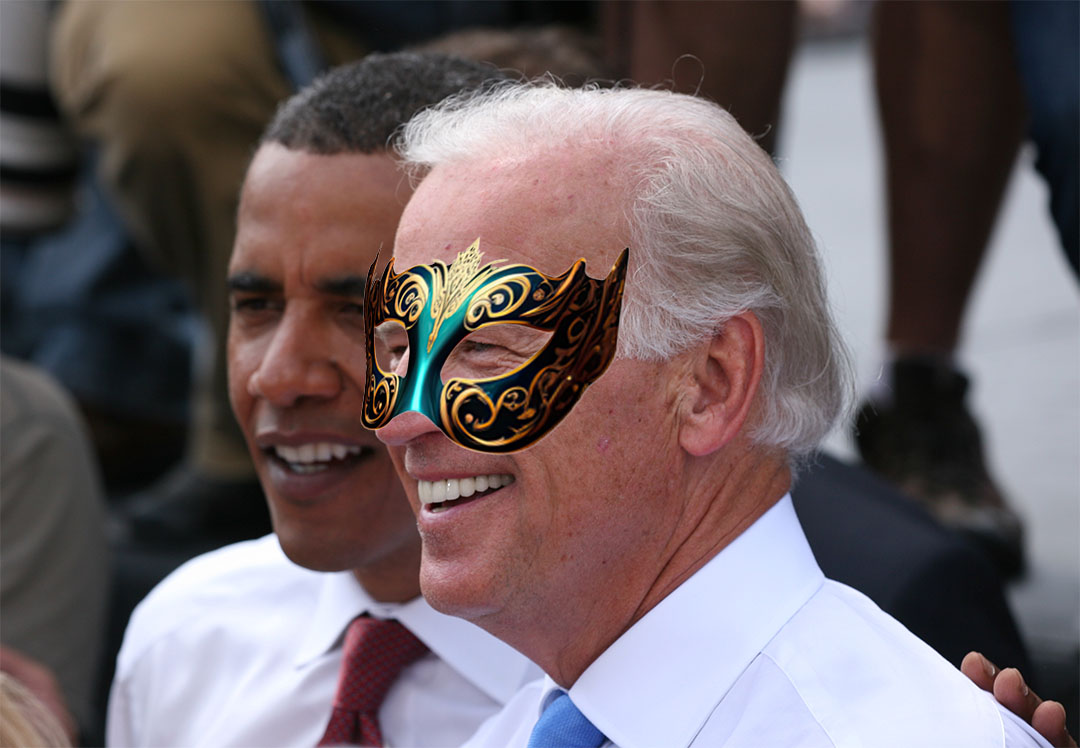 House Oversight Committee's Accusations Fall Flat: Biden's Aliases Serve National Interests
House Oversight Committee's Accusations Fall Flat: Biden's Aliases Serve National Interests 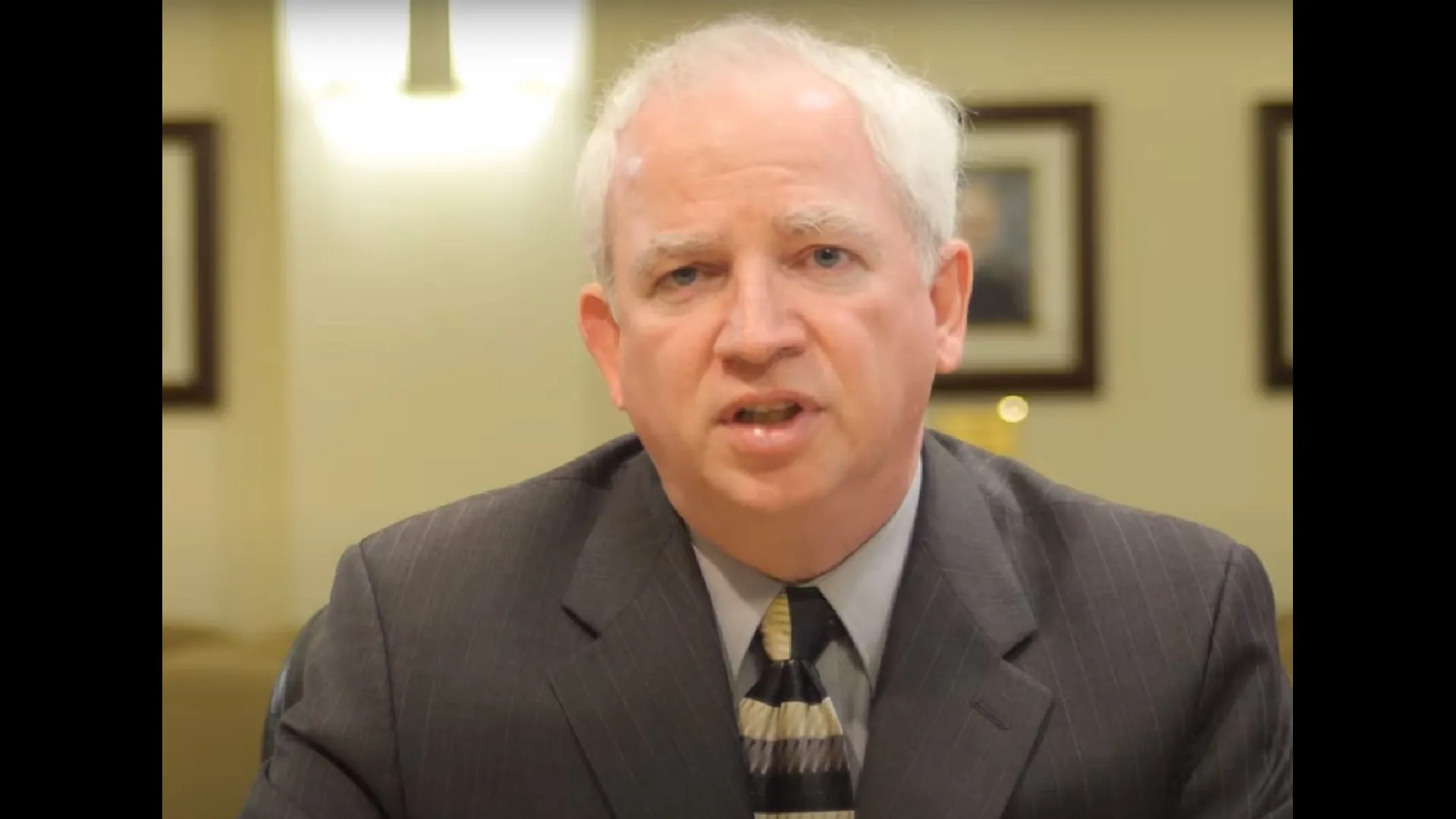 Former Trump Adviser John Eastman Faces Racketeering Charges in Georgia
Former Trump Adviser John Eastman Faces Racketeering Charges in Georgia 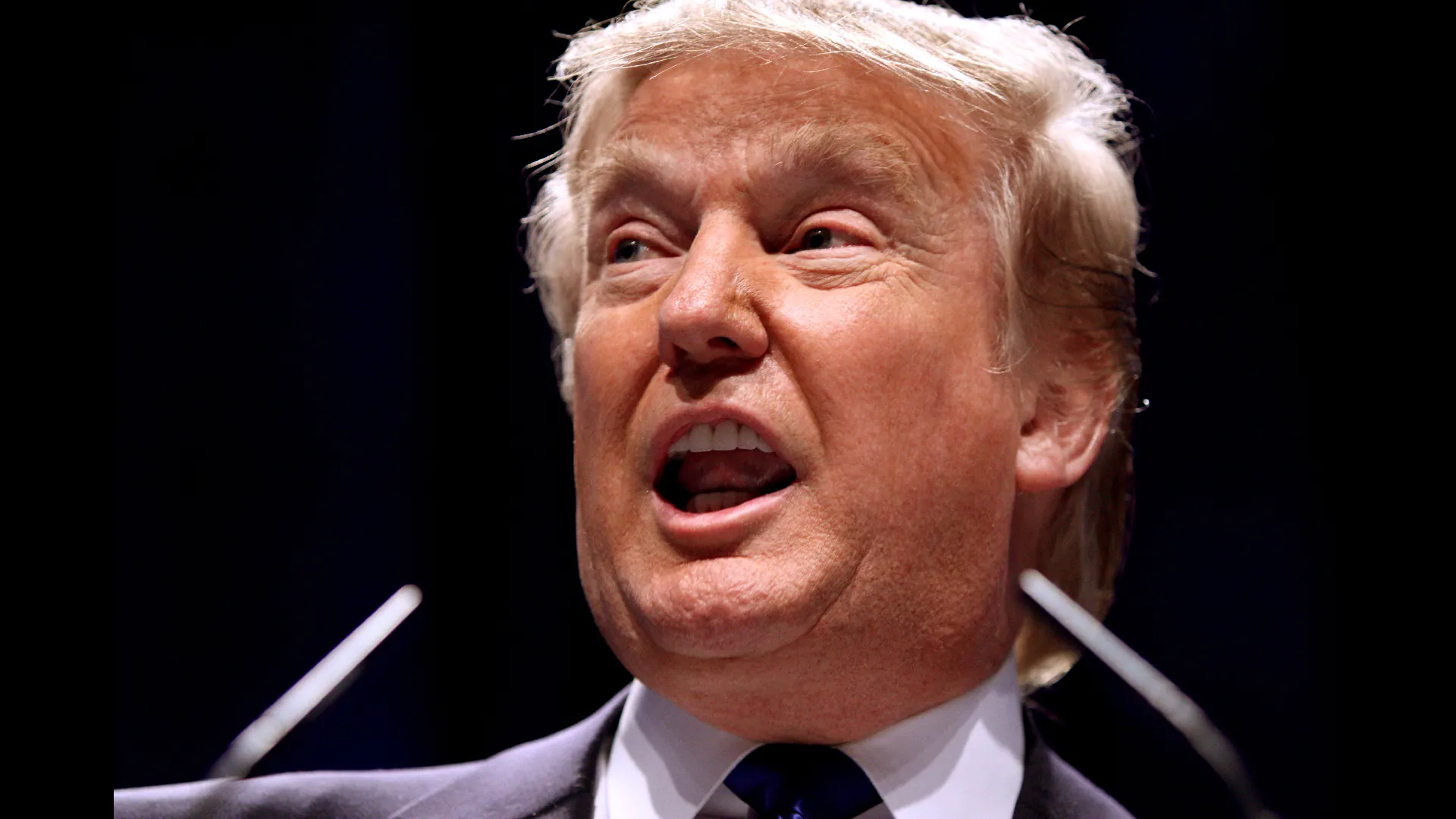 Former President Trump Indicted on Extensive Charges, Accused of Running a Criminal Enterprise
Former President Trump Indicted on Extensive Charges, Accused of Running a Criminal Enterprise 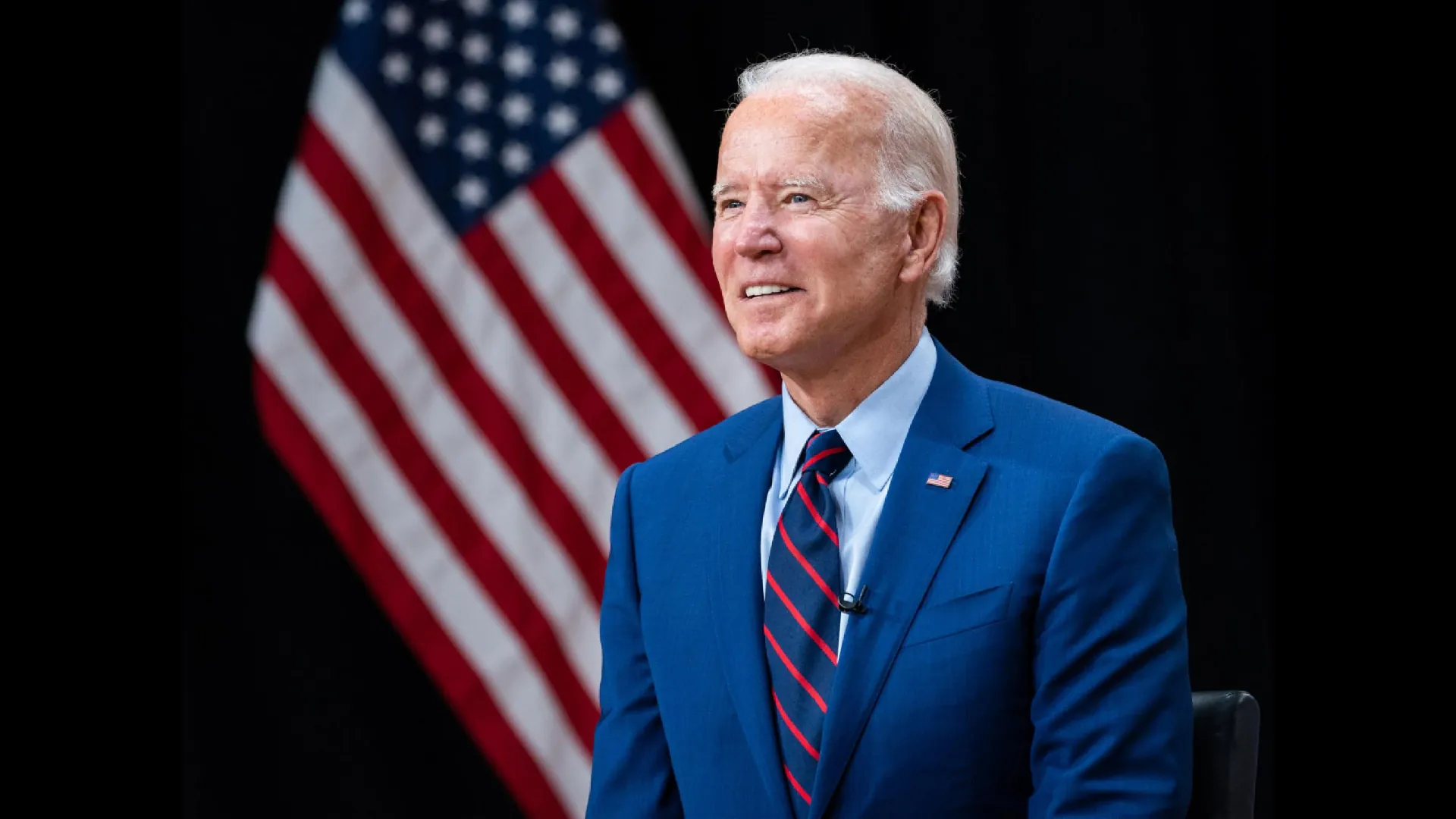 President Biden's Swift Response to Maui Wildfires Praised by Hawaii Governor
President Biden's Swift Response to Maui Wildfires Praised by Hawaii Governor